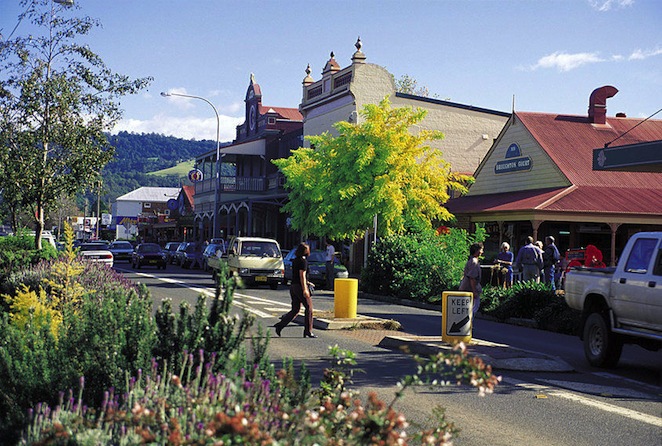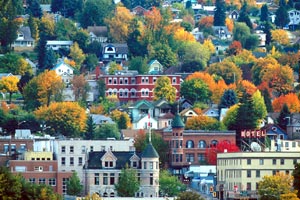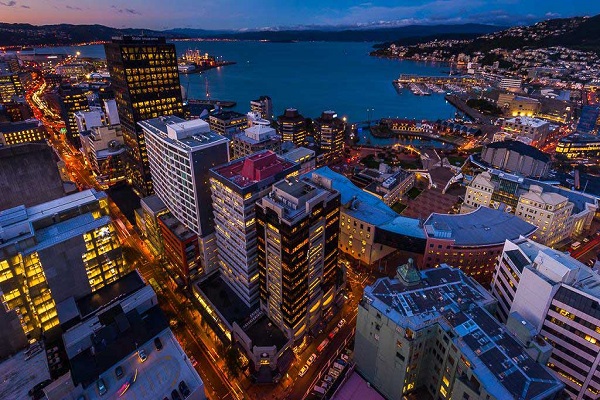Russia
Find Eduxpress Programmes
Although it would be easy to dismiss Russia’s accomplishments and just list a number of political leaders who shaped the world politics, the truth is that Russia has given us more than just the cute waltz of “Once upon a December” from Anastasia.
From athletes like Anna Kournikova and Maria Sharapova, to composers like Rachmaninoff, Tchaikovsky, or Shostakovich, to great authors like Nabokov, and Dostoyevsky (and all other “-evsky”s, and “-ov”s and “-ova”s), Russia gave us of the most influential people in history.
You have to assume that a country that gave us so many celebrities has its universities and teaching system in order, right?
Right!
Compared to their Western counterparts, Russian universities are very affordable. Tuition fees range between 1,450 and 7,500 EUR per year, and only a few study programmes costs more than 10,000 EUR.
Living costs are also very low; most international students can handle all monthly expenses with a budget of 300–600 EUR.
The Russian authorities have been investing heavily in order to attract international talents. And it is working! Over 300,000 students choose to move to Russia and get an undergraduate or (post) graduate degree there.
The government offers around 15,000 scholarships or state-funded spots, which means the lucky winners don't have to pay tuition fees or worry about living costs.
Russian universities have a great reputation, both locally and internationally. They are present in global university rankings and stand out from the rest when it comes to disciplines like Physics, Engineering, Medicine, and Social Sciences (e.g. Psychology, Political Science).
The investment part we've mentioned in the previous section isn't only limited to scholarships and grants. Russian dormitories and campuses are modern, with the same high level of comfort and utilities you'd expect from any other Western country.
Universities also pride themselves with cutting-edge technologies, laboratories, and research centres — facilities that are there to help students achieve their academic goals.
Russian may not be the most in-demand language out there; but it's certainly an asset on your CV, especially if you want to work for an international company that struggles to find employees with advanced Russian skills.
The best part is that many universities organise one-year preparation courses for international students, and if you're one of the lucky ones who earn a scholarship, you don't have to pay anything!
Russia, being the behemoth country we know and love, is famous for covering all fields and offering Master’s degrees in all disciplines, ranging from Business Administration to Russian Studies (which sounds amazing, honestly).
Still, because we are helpful, we searched and made this list of the most popular degrees you can study in Russia.
Here are some good Bachelors we recommend in Russia:
If you're looking for Masters, there are plenty to choose from:
Russia is the biggest country in the world, and 77% of it is just a vast, open and frozen field (never change, Siberia). Also, there are around 15 secret cities, with unknown locations, and mere mentions in top-secret documents.
Considering all this, you can’t be too careful where you end up in Russia, so here are two safe and known cities, where students go to study an international degree. These are:
With so many options (merely 850 universities, give or take), you will need to sort through them thoroughly; and, let’s be honest, nobody has the time. However, if it makes your decision easier, you can check out universities like:
In Russia, the Ministry of Education and Science created a website that connects students with universities. You can find here contacts from the international department, descriptions for the programmes, and the curator’s phone number.
After you have settled on the university and programme, the documents you will need to present are:
You should note that all documents should be presented with an official copy, translated to Russian.
Let's take a closer look at tuition and living expenses in Russia:
Russian universities are very affordable, especially when compared to similar institutions from Western countries. International students usually pay:
1,475–7,600 EUR/year for Specialist's degrees (degrees awarded after at least 5 years of study, e.g. Medical degrees)
Students can also apply for scholarships to support their education in Russia.
As we've established before, Russia is really affordable. Monthly living costs amount to 300–600 EUR.
Here's a breakdown of the average expenses:
The Russian Federation is situated in the eastern part of the Europe and the northern part of Asia. The capital city of the Russian Federation is Moscow. The population of the Russian Federation is 144 million with a density of 8.7 people per 1 sq. km.
Quick! When you think of Russia, what’s the first thing that comes to mind? If you said “vodka”, shame on you for being so culturally insensitive! Still, we can’t judge, because, on our research, we uncovered that:
Also, besides being huge fans of “water that burns”, you should know that Russians also possess some quirks that can only make you smile and shrug, saying to yourself “that’s Russia for you”. For instance:



